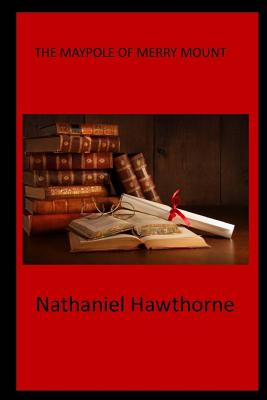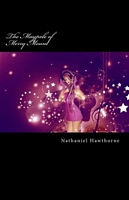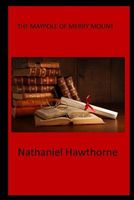- Welcome to FictionDB, Guest
- | My Account
- | Help

The Maypole of Merry Mount — Nathaniel Hawthorne
There is an admirable foundation for a philosophic romance in the curious history of the early settlement of Mount Wollaston, or Merry Mount. In the slight sketch here attempted the facts recorded on the grave pages of our New England annalists have wrought themselves almost spontaneously into a sort of allegory. The masques, mummeries and festive customs described in the text are in accordance with the manners of the age. Authority on these points may be found in Strutt's Book of English Sports and Pastimes. Bright were the days at Merry Mount when the Maypole was the banner-staff of that gay colony. They who reared it, should their banner be triumphant, were to pour sunshine over New England's rugged hills and scatter flower-seeds throughout the soil. Jollity and gloom were contending for an empire. Midsummer eve had come, bringing deep verdure to the forest, and roses in her lap of a more vivid hue than the tender buds of spring. But May, or her mirthful spirit, dwelt all the year round at Merry Mount, sporting with the summer months and revelling with autumn and basking in the glow of winter's fireside. Through a world of toil and care she flitted with a dream-like smile, and came hither to find a home among the lightsome hearts of Merry Mount.
Genres
Click on any of the links above to see more books like this one.



